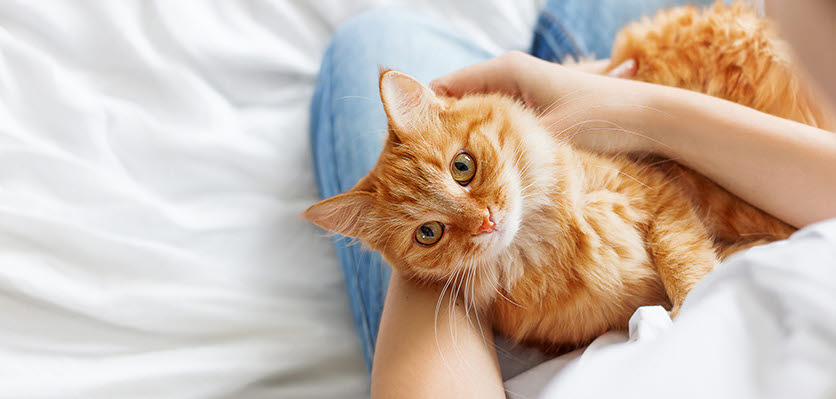How to choose the right kitten for you

Choosing a kitten may seem like a simple task, however, when you are faced with a sea of cute faces, it can be hard to make the right decision.
Here are some simple ways to choose the right feline companion for you.
Age
Most kittens have traditionally been rehomed at 8-10 weeks of age. While kittens have usually been weaned by eight weeks of age, allowing extra time with its mother and siblings allow for optimal social development. As a result, many breeders now prefer kittens to be 12-14 weeks prior to going to their new home. If a kitten has been removed too early from its mother or is orphaned before they have weaned, it may not have received sufficient milk from its mother which is important for growth and immunity and so will require supplement feeding till it is old enough to eat solid food.
Breed
The breed of your kitten is also something to consider prior to bringing a kitten home. Although each individual kitten will have its own unique personality, the breed of your kitten may influence the personality they are more likely to have. Different breeds can also suffer from different health concerns and this should be something that should be discussed with your veterinarian and the breeder prior to bringing your new kitten home.
Watch and learn
Before taking your kitten home, observe all the kittens in the litter playing and watch for differences in their behaviour. Kittens, like humans, will all have their own unique personalities and traits. You can tell a lot about kittens by the ways they interact and play, which will help you choose the right one for your household. If you have children in the family or a busy household, a kitten that appears to be confident, playful and energetic may be more suitable for your situation compared to a kitten which is timid and reserved. This type of kitten may be more suitable for a single-person household or with elderly people. However, also like humans, personalities of animals can change as they mature. Observing the behaviour of their mother can sometimes be a good indicator of what your kitten might be like as a grown cat.
Handling a kitten
After playtime, try to hold the kitten. A little squirming is perfectly normal and care should be taken when holding a kitten for the first time as we don’t want them to have any accidents falling to the ground. How the kitten will react to handling will vary depending on their level of socialisation they have had while been raised. A well socialised kitten will be more accepting of handling compared to a kitten who has not been regularly handled.
Health
Discussing the health of the kitten with the breeder and any vaccinations or worming and flea treatment they may have received prior to taking them home is a helpful first step in ensuring your new kitten is healthy. However, even if they seem healthy it is still a good idea to have your veterinarian examine the kitten’s health once you bring him/her home. This will ensure their vaccinations are kept up to date and your veterinarian will be able to discuss any questions you may have about worming, flea and tick preventions and de-sexing. If you have other pets, it is a good idea to keep your new kitten quarantined until you visit your veterinarian to ensure they don’t pass on any health problems such as cat flu or parasites
Some breeds of cats can also be predisposed to particular hereditary diseases and conditions which are more common in that breed compared to others. Brachycephalic cats, which include breeds such as Persian and Burmese, have flatter faces and as a result can suffer from a multitude of associated health issues.
Allergies
If you or someone in your family suffers from allergies to cats, then bringing a kitten into your family may not be the right choice of pet for your situation. There are some cat breeds such as Sphynx (which are hairless) or the Devon rex, that may be more suitable for a person with cat allergies, however, there is no true hypoallergenic cat that would be suitable for a severely allergic individual.
Bringing your kitten home is an exciting experience and can bring much joy to the family. But if you decide that all the excitement and work that comes with raising a kitten may not be the right match for you or our situation, then there are always adult cats in shelters waiting for adoption which may be your perfect match. More information on adoption can be found here.
